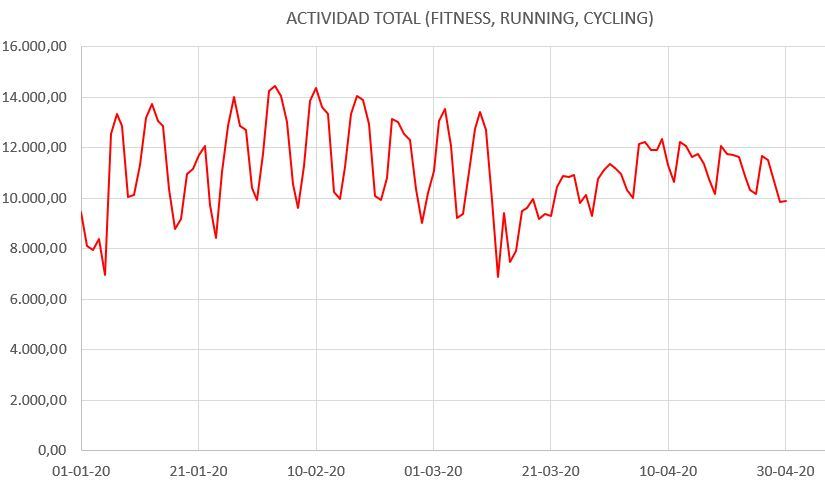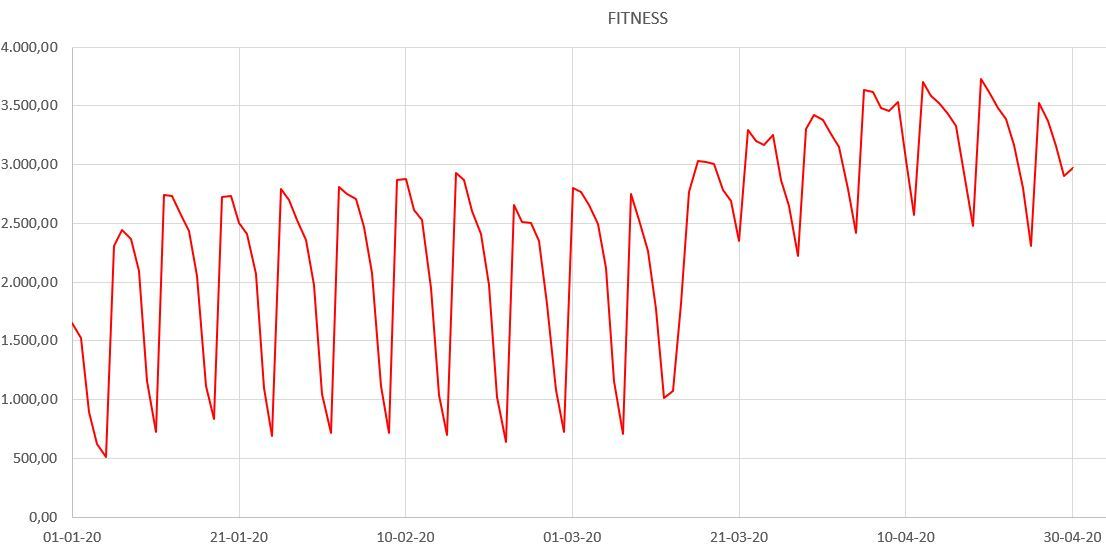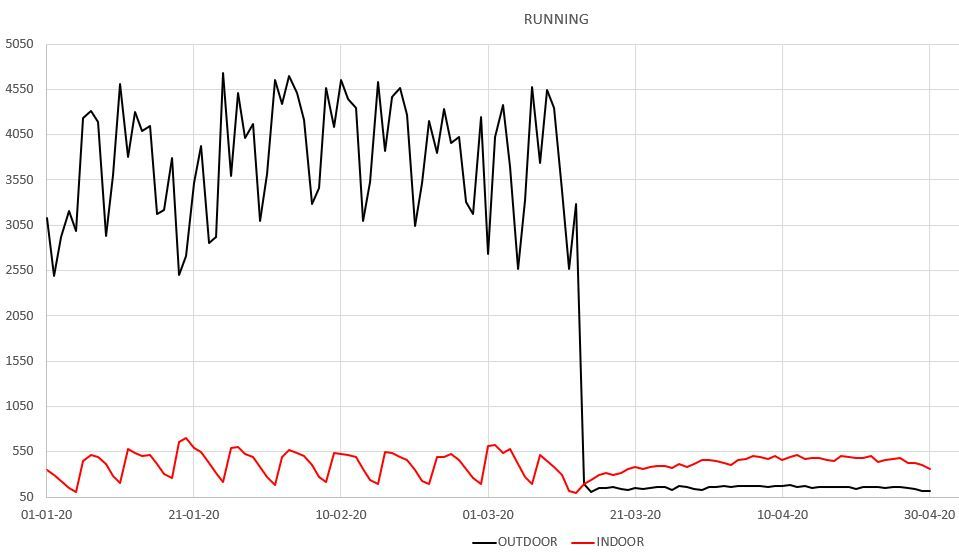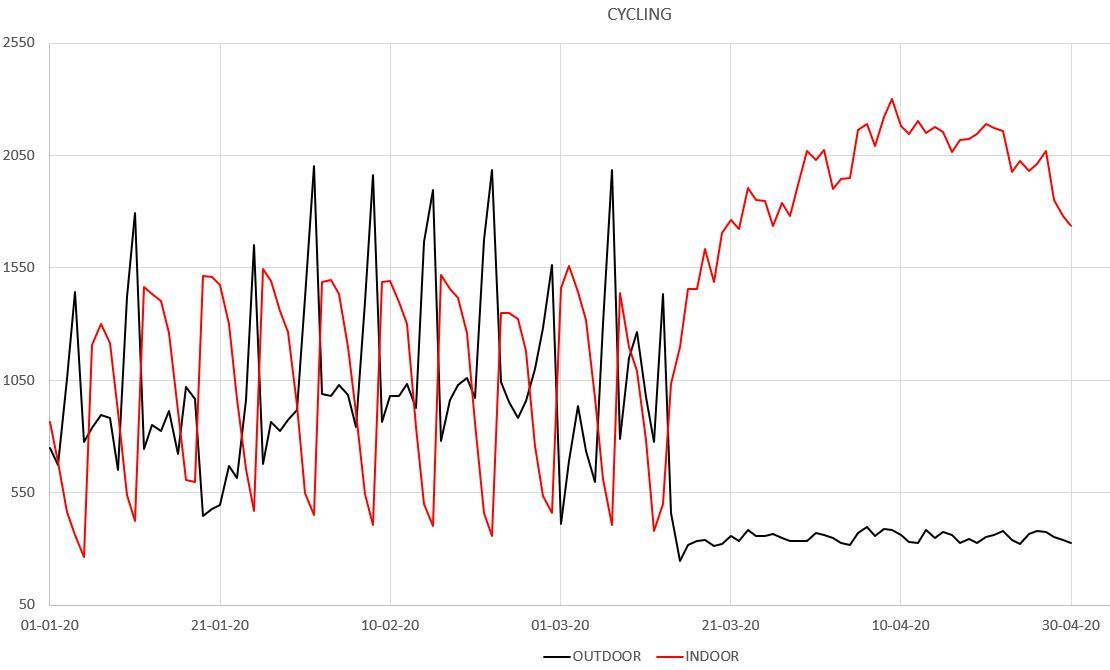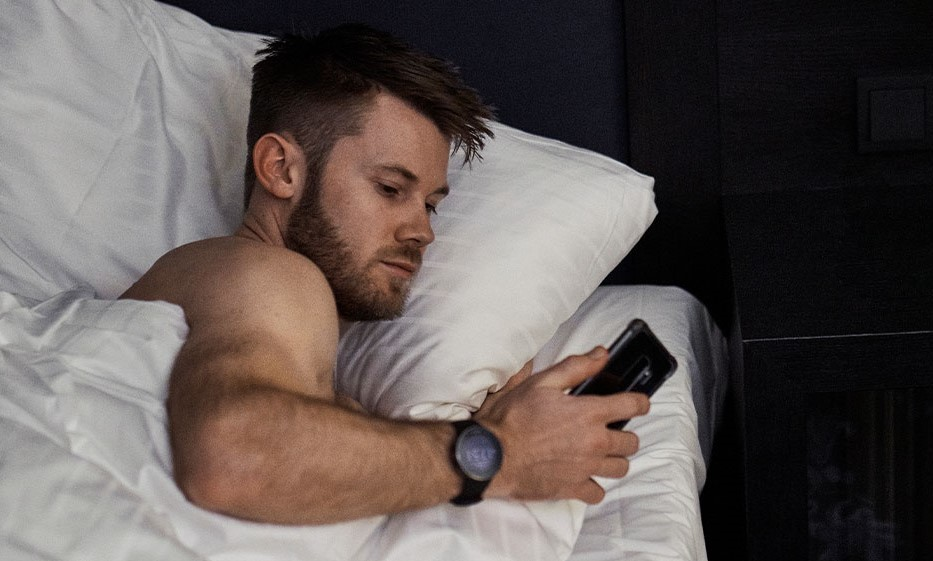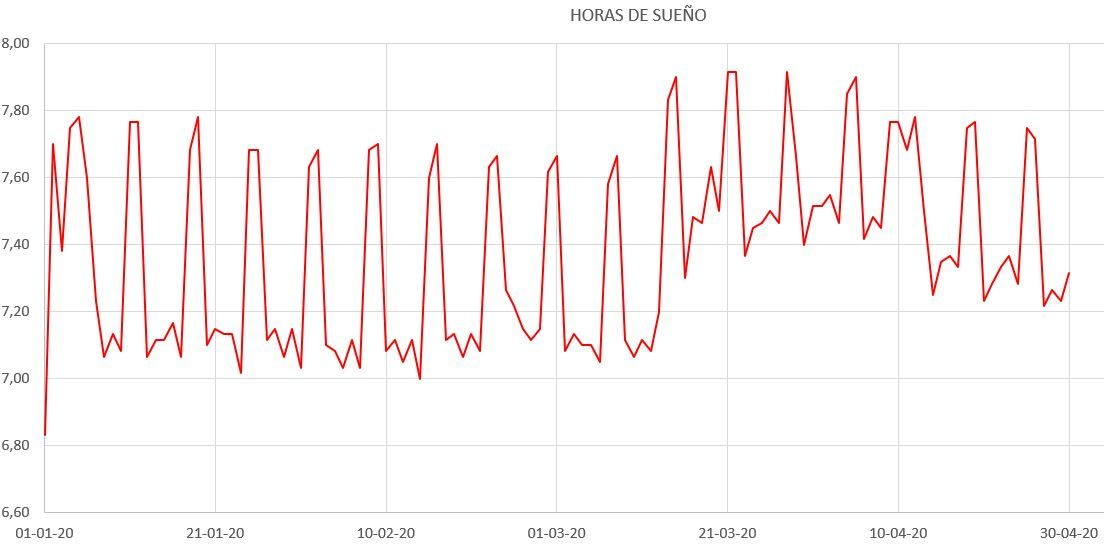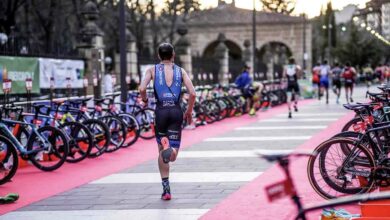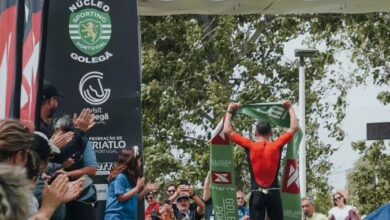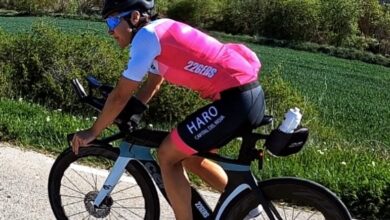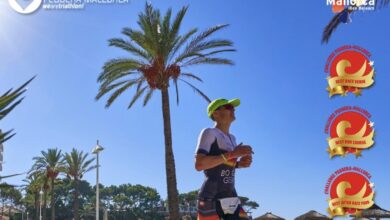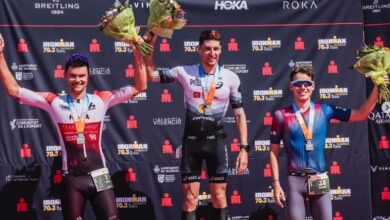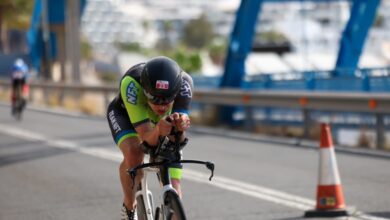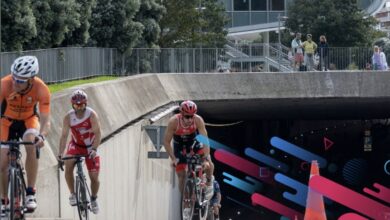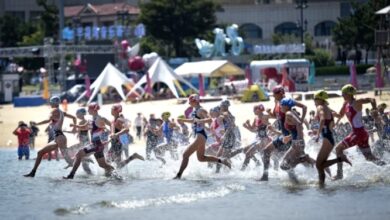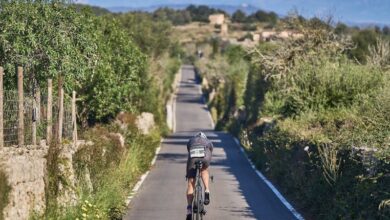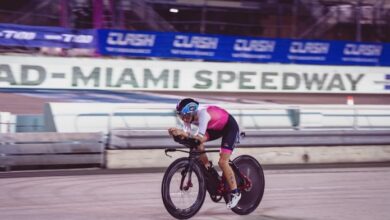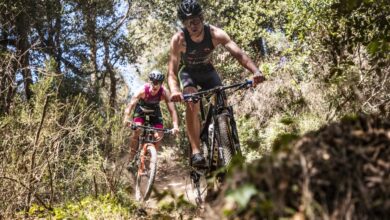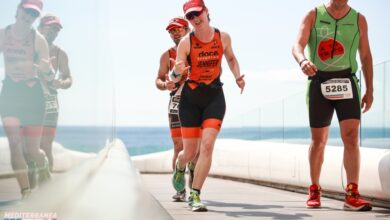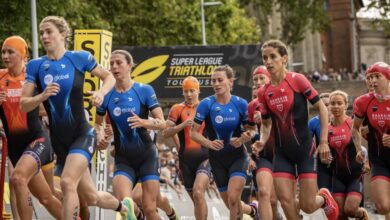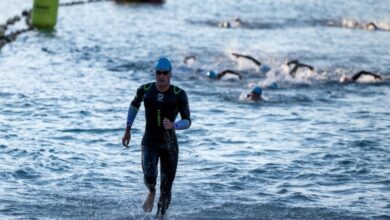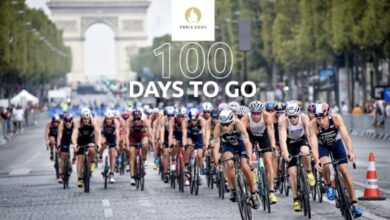Polar analyzes sports habits in Spain during the alarm state
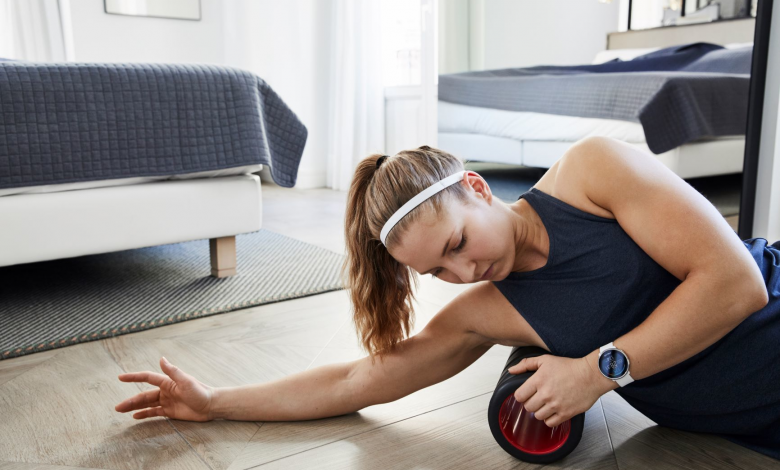
Polar, a pioneering brand and leader in sports technology applied to sport for more than 40 years, presents revealing data about the change of habits of the Spanish regarding sports activities and sleep.
Only in the last five years, Polar has been cited in over 8.100 scientific studies. Its technology applied to the analysis and methodology of sleep, recovery and sports performance is globally recognized and validated in different professional fields.
The data has been taken between February and April 2020
The data shown below is the result of a detailed analysis of a representative sample of anonymous users during the period from February to April 2020, which They provide a true insight into sleep and exercise habits.
After the state of alarm was declared and until April 30 - two days before the athletes could resume their outdoor training - The Spanish have adapted their training routines to the current circumstances.
Sport activities
The most practiced sports during confinement are training indoor fitness mostly followed by srunning esions y cycling.
In general terms, sports activities decreased by 14% in number of daily sessions, basically due to restrictions when it comes to playing sports away from home.
In April, this figure recovered slightly, although without reaching the data for February.
The Spanish have found alternative activities to keep fit
Therefore, the Spanish, despite not being able to train abroad, have found alternative activities to keep fit from home with complementary exercises such as strength, core or cardio.
Fitness has increased by 47,7%
Despite the closure of gyms and sports facilities, in general, the practice of Fitness has risen by 47.7%. From February to March, the increase in athletes who opted for indoor sessions - which were not roller or treadmill cycling - was 30.7%.
From March to April, this figure continued to increase 24.6% more.
The initiatives emerged in social networks by brands, athletes and events under slogans such as #StayFit, #YoEntrenoEnCasa or #YoMeCorono among many others, have had a great impact on raising awareness of the importance of staying active in times of confinement.
Running decreased 65,7%
As for Running, this has been one of the most affected sports since its practice decreased by 65.7% from February to the end of April.
From February to March, the data was conditioned by the second half of March, which already pointed to a significant decrease, 44.5%.
During the month of April, this trend became more evident with a progressive decrease of 38.2%. However, treadmill running sessions increased by 15.75%.
The cyclists who have least noticed not training abroad,
Cyclists may have been the best able to compensate for practicing their sport abroad - be it mountain, road, urban or electric bikes - with indoor sessions.
Indoor cycling activities have increased by 62%
La acquisition of sports equipment For cycling, such as rollers or stationary bicycles and subscriptions to virtual applications, they have exploded in recent months and with all this, indoor cycling activities have increased by 62%.
In general, cycling sessions (indoor and outdoor) have also grown by 8.6%. On the other hand, if we only analyze road cycling and mountain biking, we see 70.4% less activity.
Rest and night sleep
In addition to changes in habits in terms of sports practice, sleep also has slight adaptations to this exceptional situation.
You sleep more but not better
El teleworking, family reconciliationr and other circumstances, have led the Spanish to practically sleep a quarter of an hour more than in the month of February (7:16 am vs. 7:29 am).
They have also delayed bedtime by 40 minutes (0: 25h vs 1: 05h) although on average they wake up 45 minutes later than in February.
But sleeping more doesn't always mean sleeping betterr. Heart rate and its variability are two very revealing parameters to take into account when analyzing sleep quality.
There are several factors that directly affect this measurement, such as age, gender, stress, alcohol consumption, or anxiety, among others.
Well, taking into account these two variables, we observe that the average heart rate has dropped almost two points in April compared to February, while its variability has risen only one point.
As a conclusion we can add that the Spanish sleep more but not better, mainly due to how the state of alarm is affecting our body and our mind.
More information at: www.polar.com/en/science
There are no previous results.







